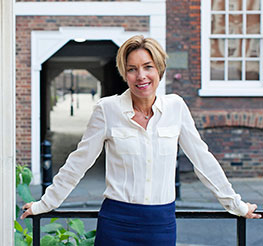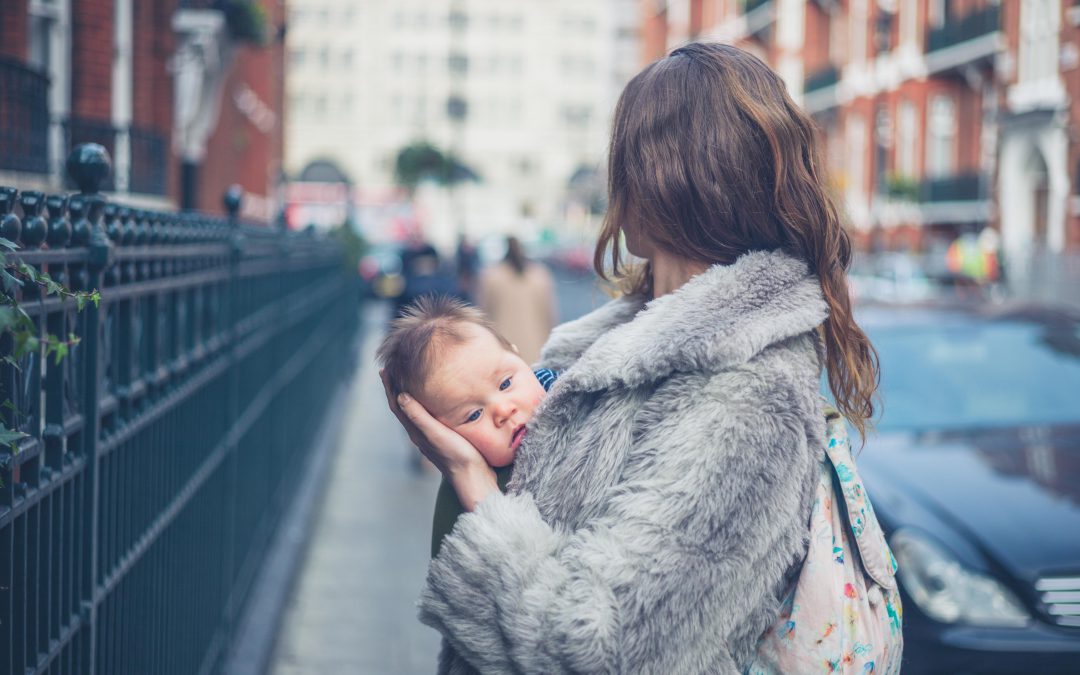Today, ‘Claire’ a single parent and domestic abuse survivor, has overturned the rules that prevented her from accessing legal aid. It is already widely acknowledged that today’s ruling will improve access to justice for more survivors of domestic violence who are in poverty.
What happened?
‘Claire’, like many thousands of people, found herself in a catch 22 scenario with the Legal Aid Agency because she jointly owned a property with her abuser, even though she was a victim of domestic abuse, and she could not access any of the ‘trapped capital’ in her home. At the time she was in receipt of Universal Credit and had just £28 in the bank when she was faced with court proceedings. She was unable to access legal aid or afford to instruct legal representatives. Instead she had to represent herself against her abuser, in complex family proceedings without the help of a lawyer. Of that experience,
‘Claire’ said that “the last time I had to face him in court was horrendous. I had to speak for myself whilst he was there with a barrister. I was so nervous and scared that I was physically sick in the court room. “
Even though a special exemption exists to ensure survivors of domestic violence can access legal aid, many domestic violence survivors, like ‘Claire’, were being caught by the Legal Aid Agency’s strict interpretation of the capital rules. The Court heard from a family lawyer who specialises in supporting domestic violence survivors that her firm turns away 1-2 women a week because of the rule. Thankfully, today’s landmark ruling means that the Legal Aid Agency now has discretion over whether legal aid should be granted to survivors of domestic abuse where they have ‘trapped capital’ in homes which cannot be sold or borrowed against. The LAA will now have to reconsider whether to grant legal aid to Claire.
Upon hearing the news of the ruling today, Claire says that:
“If it means that other women won’t have to face their abusers in court, that will be amazing. It really is an injustice being told you have to sell your house to fight your abuser. To be honest, I didn’t think this ruling would come through in time for the hearings I’ve got coming up, but it was important to fight this on behalf of other women in the same situation. I wouldn’t want any woman to have to represent themselves because they can’t afford it.”
‘Claire’ expressed her gratitude to Beck Fitzgerald Solicitors, who helped her on a pro-bono basis: ‘They represented me and helped me pro bono, without them I would have had to face my abuser in court alone and be cross examined by him. They have helped me with everything, with my injunction, with my house and my children. I am forever grateful to them.’
Jenny Beck, of Beck Fitzgerald Lawyers & Consultants, commented on the Judgement as: “ a significant result and as a family practitioner I am delighted. Many vulnerable people, predominantly women, have been denied access to justice in the family courts as a consequence of the means test. Although further change is still needed, this judgment takes us further towards a fairer system for women like Claire.”
Public Law Project lawyer Daniel Rourke, who spearheaded the judicial review case said: “The ruling has implications for other women in Claire’s position. The LAA will have to carefully consider whether it is appropriate to include the value of their homes when considering their applications for legal aid…The judgment could also help other homeowners on low incomes who need help with a legal issue that is within the scope of legal aid and have good reasons why they cannot sell or raise money against their homes to pay for legal advice or representation privately.” See more at https://publiclawproject.org.uk/
Read the recent piece by the Independent newspaper https://www.independent.co.uk/news/uk/home-news/domestic-abuse-victims-legal-aid-win-b1793634.html

Jenny is a founding director and an award-winning family lawyer committed to accessible justice and the rights of the individual. She specialises in complex financial disputes and helping resolve arrangements for children. She is an accredited Resolution specialist and an Advanced Family Law Panel member.

